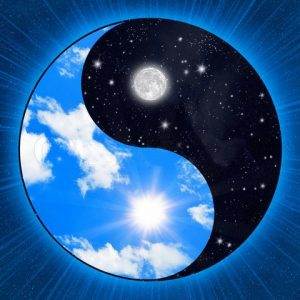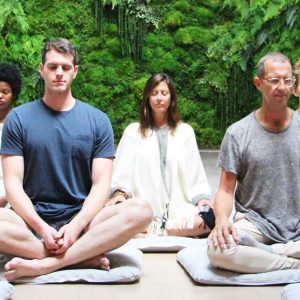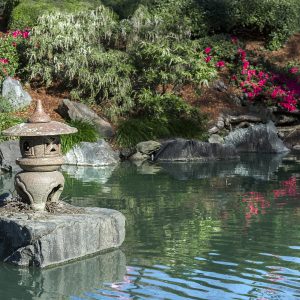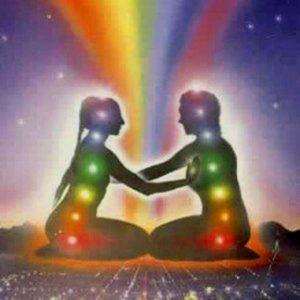Body Reading 15 hrs
Traditional Chinese Medicine 15 hrs
Thesis Internship 20 hrs
TOTAL 100 hrs
Tuition $2200
Seymour's book, Shaping Our Destiny .pdf file is included in the price. Students may buy the actual hard copy book (English only) for an additional 800 Kc.
Credits from previous classes reduce the price of the program. This certification can be included in the 1000-hour Holistic Health Practitioner Program.
Chinese-Astrology-Feng-Shui-Consultant
Students may also integrate the skills of this course with other iSOHA classes including Nutrition, Herbs, Aromatherapy, Shiatsu, Acupressure, Massage, Homeopathy, Fitness, Tai Chi, Chi Kung to provide a versatile repertoire of methods to personalize each client’s specific needs. Feng Shui(pinyin: fēng shuǐ, pronounced [fɤ́ŋ ʂwèi] (listen) fungshway) is a Chinese philosophical system of harmonizing our lives with the surrounding environment. It is closely linked to Daoism. The term Feng Shui literally translates as “wind-water” in English. This is a cultural shorthand taken from the passage of the now-lost Classic of Burial recorded in Guo Pu‘s commentary:[1] Feng shui is one of the Five Arts of Chinese Metaphysics, classified as physiognomy(observation of appearances through formulas and calculations). The feng shui practice discusses architecture in metaphoric terms of “invisible forces” that bind the universe, earth, and humanity together, known as qi.Historically, feng shui was widely used to orient buildings—often spiritually significant structures such as tombs, but also dwellings and other structures—in an auspicious manner. Depending on the particular style of feng shui being used, an auspicious site could be determined by reference to local features such as bodies of water, stars, or a compass.
Qirides the wind and scatters, but is retained when encountering water.[1]
Feng shui was suppressed in mainland China during the state-imposed Cultural Revolution of the 1960s but has since then regained popularity.
Chinese-Astrology-Feng-Shui-Consultant
Modern reactions to feng shui are mixed. The Skeptic Encyclopedia of Pseudo science states that some principles of feng shui are “quite rational”, while noting that “folk remedies and superstitions… [have been] incorporated into feng shui’s eclectic mix”.[2]







Reviews
There are no reviews yet.